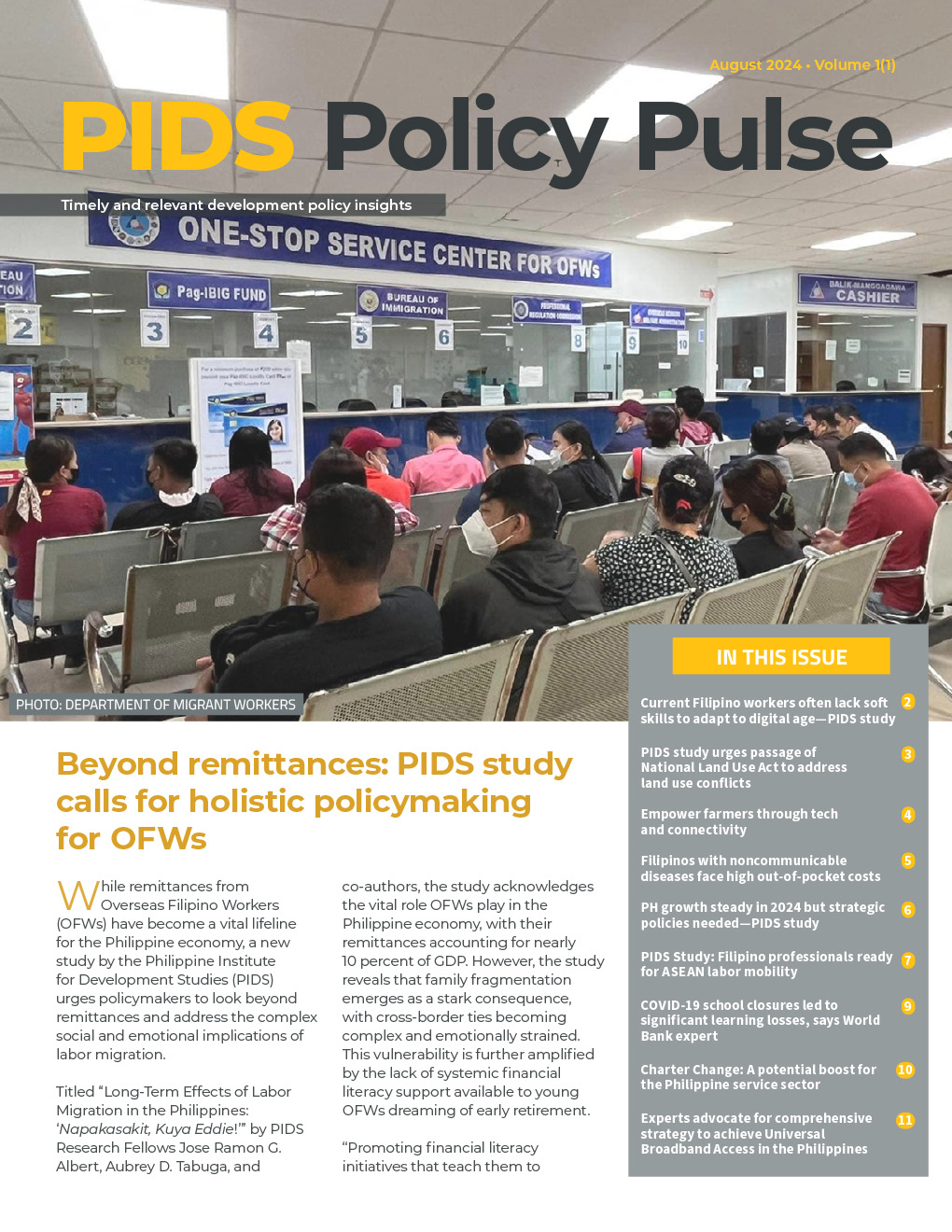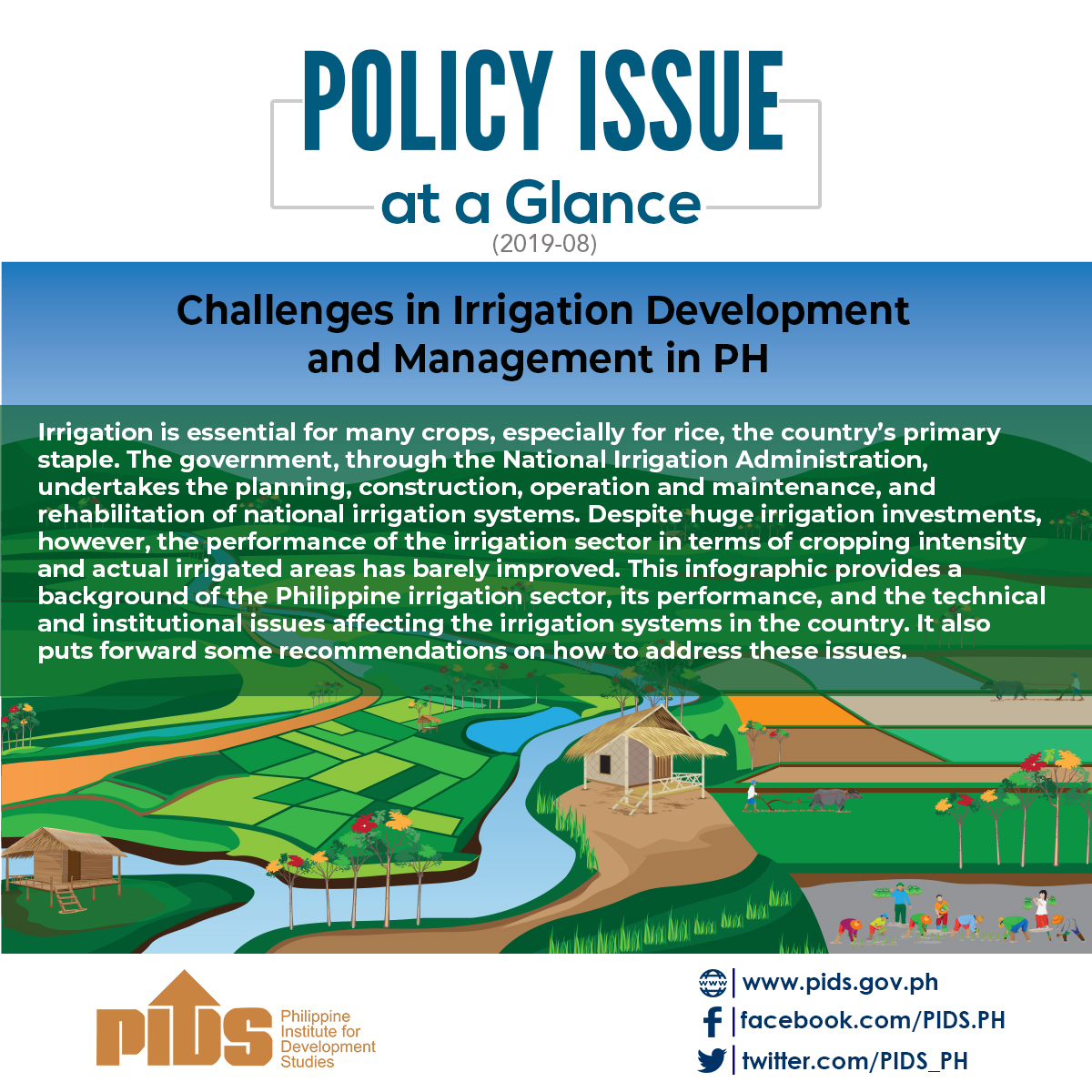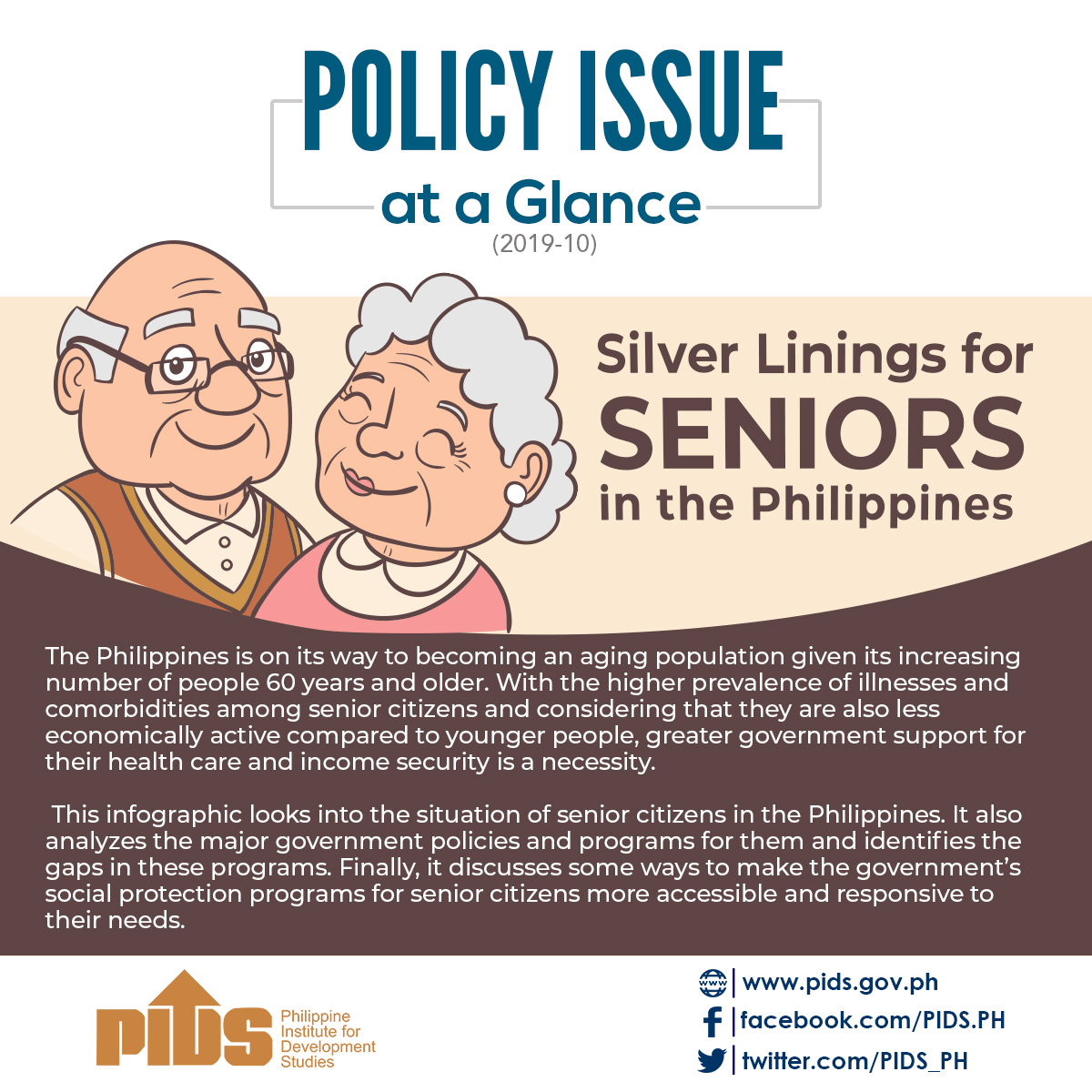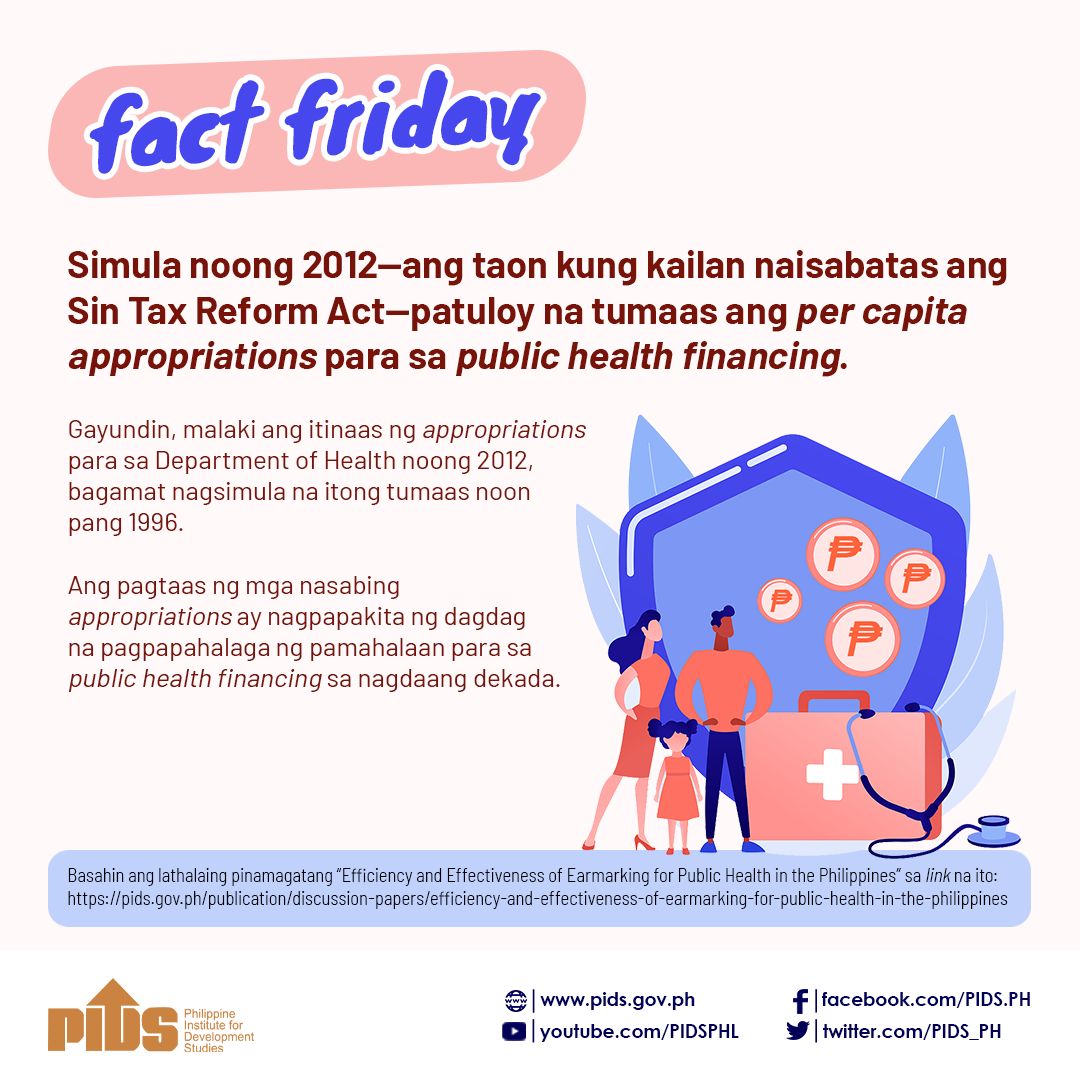State-run Philippine Institute in Development Studies urged the government to consider an increase in the petroleum tax amid weak global oil prices.
PIDS president Gilberto LLanto told reporters over the weekend "now is the best time” to increase fuel tax.
"I’ll grant this [lowering of income tax] but let’s find a replacement. One replacement [is] fuel tax. Now’s the best time to do it. We have no computation [on fuel tax], but that has a big possibility,” he said.
Llanto said aside from fuel tax increase, lawmakers should also look into the possibility of a higher value added tax.
"[The bigger revenues is the] consumption based [tax],” he said.
Llanto said the consumption tax was transparent, unlike the income tax which people could hide and avoid.
Llanto also recommended the adoption of the United Nation’s 17 Sustainable Development Goals.
"There was a big discussion about resources that we would need for the SDGs. The public should not be deluded to think that we can have it very easily, with just the right decisions,” he said.
He said the country should not look up into the developed countries to finance the sustainable goals.
"The situation is different now. There is a big pitch for more responsible and accountable policies in domestic economies, and concretely, including reforming the tax system,” he said.
"I am not against lowering of income tax, what I am saying is we have to look at it from a more holistic point of view. It’s not just a case of reforming, increasing personal exemption. You have to look at the whole system of taxation in the country,” he added.
He said the full study on the possible outcome of tax reform in the country would be published within the week.
Llanto cited that some tax reforms pushed by different sectors just benefitted the middle-income tax payers.
Under the proposed tax reform bill proposed by Marikina Rep Miro Quimbo, those earning below P180,000 annually would be exempted from paying taxes while those with income of P180,000 to P500,000 would pay 9 percent.
Individuals whose annual income averages from P500,000 to P10 million would pay 17 percent, while those exceeding the P10-million mark will have to pay 30 percent.
Sen. Sonny Angara, meanwhile proposed a tax exemption for those earning up to P500,000 annually.
The current law imposes a 32 percent tax on those earning P500,000 and higher.
Meanwhile, the Finance department estimated that the government would lose P29 billion in revenues from the lower income tax rates.
Finance proposed an increase in the value added tax from the current 12 percent to P14 percent and reduced exemptions./












